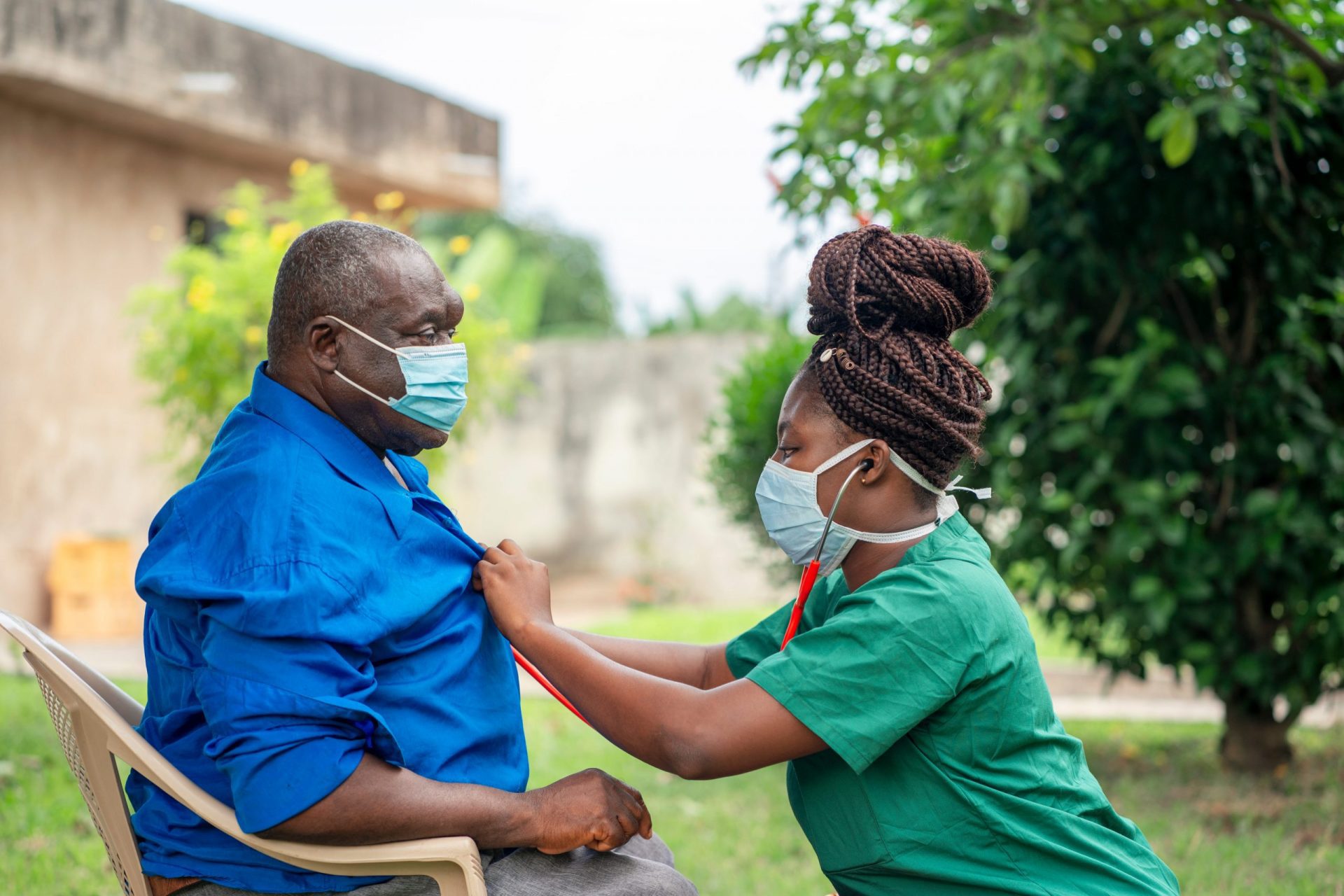A groundbreaking study presented at the American Association for Cancer Research’s annual meeting has revealed remarkable potential for helping certain cancer patients avoid surgery through immunotherapy. The research, simultaneously published in the New England Journal of Medicine, demonstrates that 92% of patients who received only immune-based treatment to help their own immune systems shrink tumors, with no surgery, showed no detectable signs of disease after two years.
The revolutionary approach changing cancer treatment
This innovative approach challenges the standard treatment path for many cancer patients, which typically includes surgery followed by chemotherapy and radiation. For patients facing difficult recoveries from invasive surgical procedures, this alternative treatment represents a potentially life-changing option.
The study included a 71-year-old New York resident diagnosed with gastroesophageal junction cancer in 2022 after experiencing difficulty swallowing and digesting food. Initially told that surgery followed by chemotherapy and radiation would be necessary, the patient later qualified for an experimental study based on the genetics of her cancer.
This experimental approach built upon previous research involving rectal cancer patients. In 2024, oncologists published results showing that all 42 rectal cancer patients who received a checkpoint inhibitor called dostarlimab as a monthly infusion became cancer-free, with some remaining in remission after four years.
Expanding immunotherapy benefits to different cancer types
The current study expanded this approach to patients with different types of cancers, including:
- Colon cancer
- Esophageal cancer
- Stomach cancer
- Urothelial cancer
- Small bowel cancer
- Endometrial cancer
- Gastroesophageal junction cancer
The results were impressive. Among patients with non-rectal cancers, 64% showed no evidence of residual disease on imaging or endoscopy exams after just one year. Combining both rectal and non-rectal cancer patients, 92% remained cancer-free after two years. Even more encouraging, patients who did experience recurrence still benefited from reduced number or size of their cancers.
How checkpoint inhibitors work against cancer
Checkpoint inhibitors represent a relatively new category of cancer treatments that work by freeing the body’s immune cells to recognize and attack cancer cells. These immunotherapy drugs effectively remove the “brakes” that cancer cells place on the immune system, allowing natural defense mechanisms to identify and destroy malignant cells.
For the patient mentioned earlier, treatment consisted of monthly 45-minute infusions over nine months. The treatment was described as manageable compared to traditional cancer treatments, though regular imaging studies remain necessary to detect any potentially cancerous cells that might appear.
Manageable side effects improve quality of life
While immunotherapies do come with side effects, including fatigue, skin rashes, and occasionally hypothyroidism, these are generally more manageable than those associated with surgery, chemotherapy, and radiation. This significant improvement in the patient experience represents a major advantage of the immunotherapy approach.
Oncologists involved in the research see this as an effective approach in early-stage disease where immunotherapy can replace standard care and surgery for the majority of these tumors. The medical community appears to be embracing this potential shift in treatment protocols.
Recognition from medical authorities
Based on results from the earlier study involving people with rectal cancer, the National Comprehensive Cancer Network has already included dostarlimab in their treatment guidelines for people with specific genetic mutations studied in the research. Additionally, the U.S. Food and Drug Administration granted the drug, manufactured by GSK, fast track designation for treating those types of cancers. The drug is already approved for treating endometrial cancers with the same genetic mutation.
Future directions for immunotherapy research
Researchers plan to continue studying participants to determine if the benefits translate into longer survival, though they believe the findings will likely improve long-term outcomes. There are also plans to study those who did not respond to immunotherapy to better understand how to extend benefits to more patients.
Cancer specialists hope to replicate these responses in other types of genetically altered tumors. The current results are particularly encouraging because many patients in the study had advanced cancers beyond the earliest stages, with disease that had spread to lymph nodes.
These were not small, early-stage tumors. Some were classified as Stage III cancer. However, no differences were observed in how patients responded based on tumor stage. Researchers believe that as long as there is no distant disease or metastases, patients could potentially benefit from this approach.
This research represents a significant step forward in less invasive cancer treatment options that could dramatically improve quality of life for patients while maintaining or improving survival outcomes.












